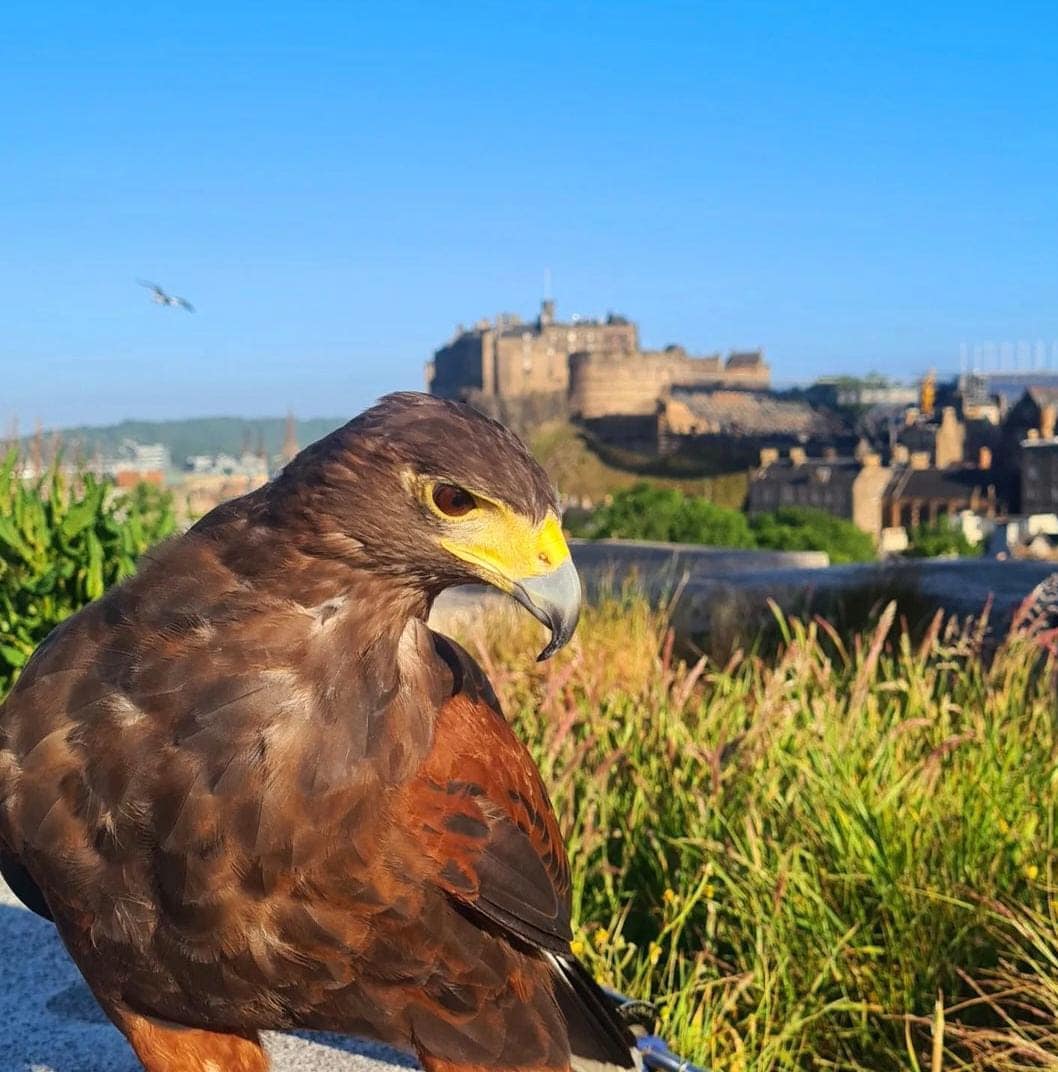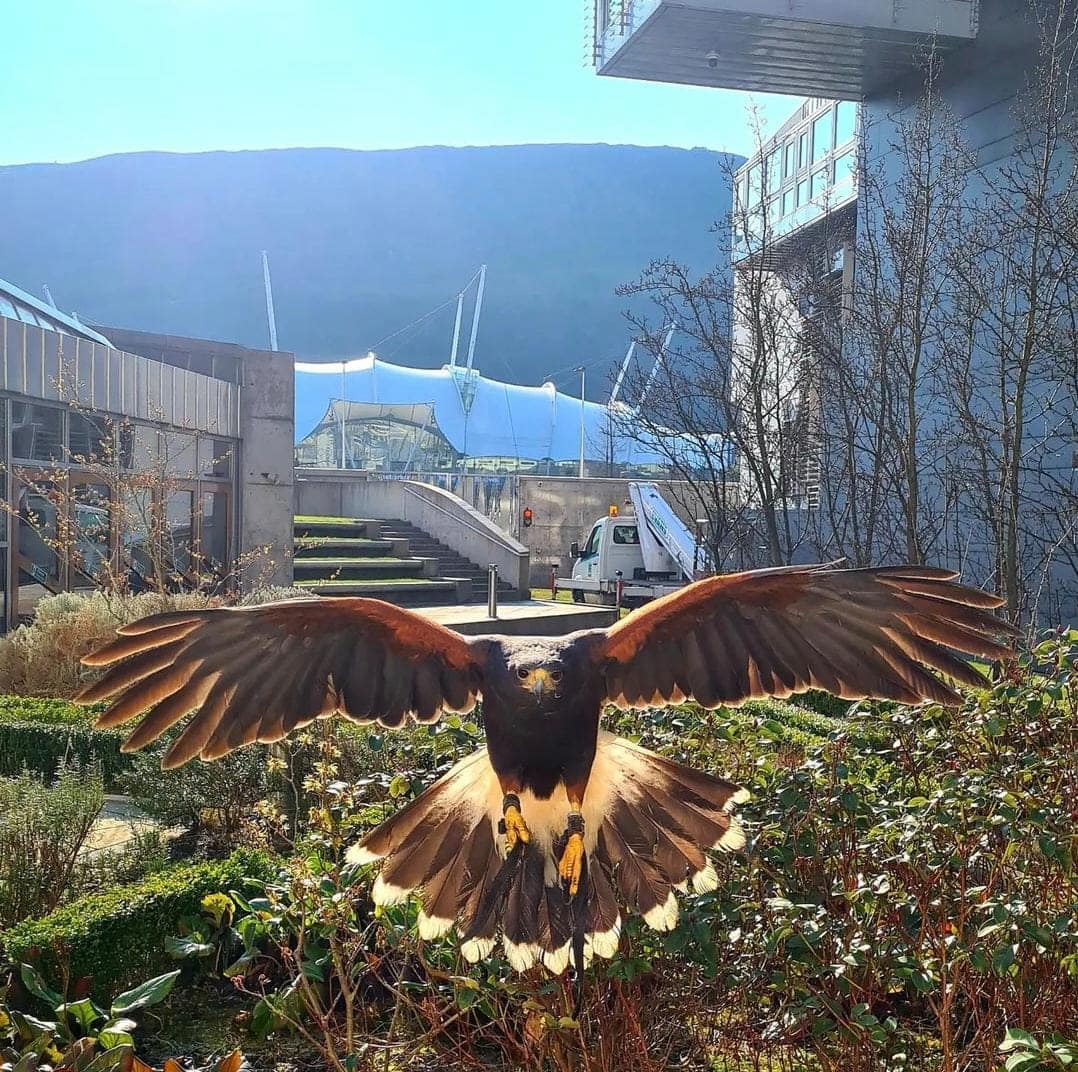How Falconry Bird Control Works
Falconry is a classic practice that’s been used for centuries to remove pest birds from large areas safely and effectively. The technique works by using birds of prey to deter pest species of birds from an area. Because birds are naturally territorial, they will leave the area if they see that it is populated by their natural predators. You can learn more about falconry in our guide: What Is Falconry?
For areas that are prone to ground nesting birds, our falconry services are the ideal way to protect your site and reduce the chances of a bird building its nest in the area. Birds and their nests are protected by The Wildlife and Countryside Act 1981, so once birds are on your land, it can be difficult to get rid of them legally, and you may have to wait until the breeding season is over.
At LPPC Environmental, we specialise in using birds of prey to protect a range of sites throughout Aberdeen and the wider UK. From airports to golf courses, factories to construction sites and everywhere in between, our falconry skills can protect your premises from pest birds. To learn more about falconry pest control prices, read our guide. Alternatively, if you’re ready to start using falconry to control birds on your commercial site and want a bespoke quote, call 08000116100 to book a site survey.
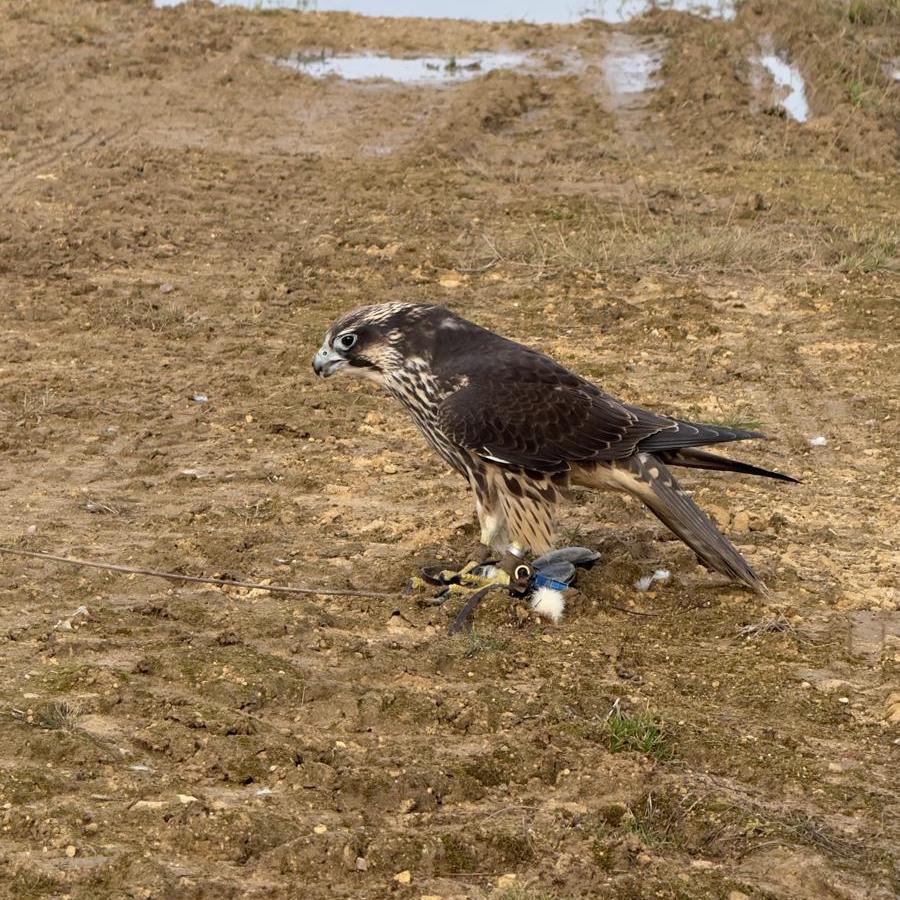
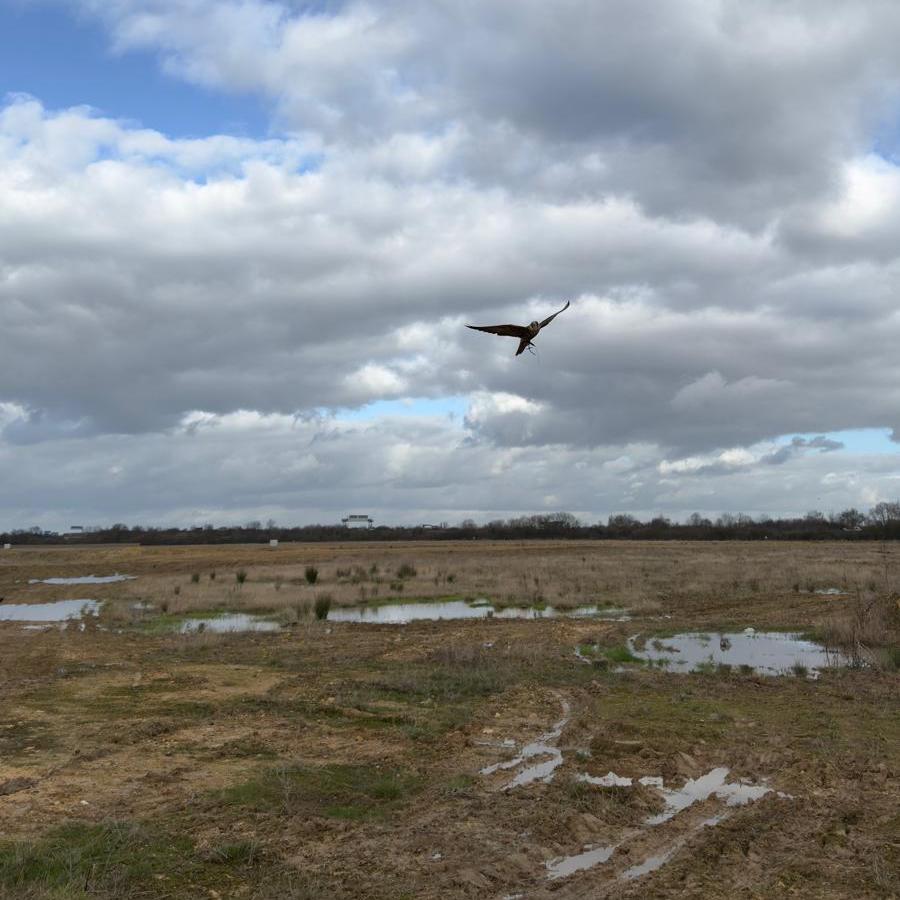
The Benefits Of Falconry
With so many modern gadgets and technologies, it might seem surprising that an ancient art like falconry is still used today to deter nuisance birds. The reason is simple: falconry is an incredibly effective form of bird control. There are many different species of falconry birds, and as such, the practice works against almost every type of bird infestation, as most common birds, such as feral pigeons, crows, seagulls, and starlings, are all prey birds and don’t like birds of prey.
Because birds are highly territorial, once they see that a hawk or falcon is in the vicinity, they will look for somewhere else to build their nests and roost. It takes time to discourage birds and to stop others from moving into the area, which is why LPPC Environmental can provide ongoing falconry pest control services, alongside other bird proofing techniques including bird netting and bird spike installation. We also offer bird dropping cleaning services to get rid of excess guano once the bird infestation has been removed.
Contact us today to book your site survey and find out more about the many benefits of LPPC Environmental’s falconry and bird proofing solutions.
Trusted Falconry Bird Control Across Aberdeen And Beyond
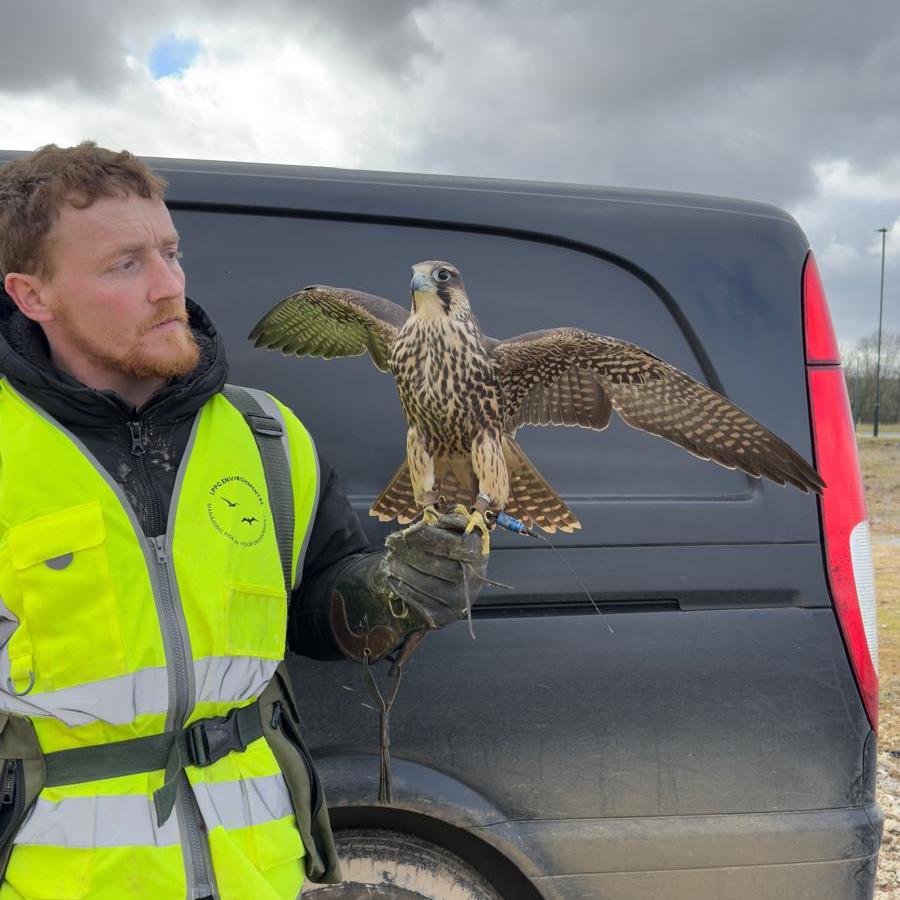
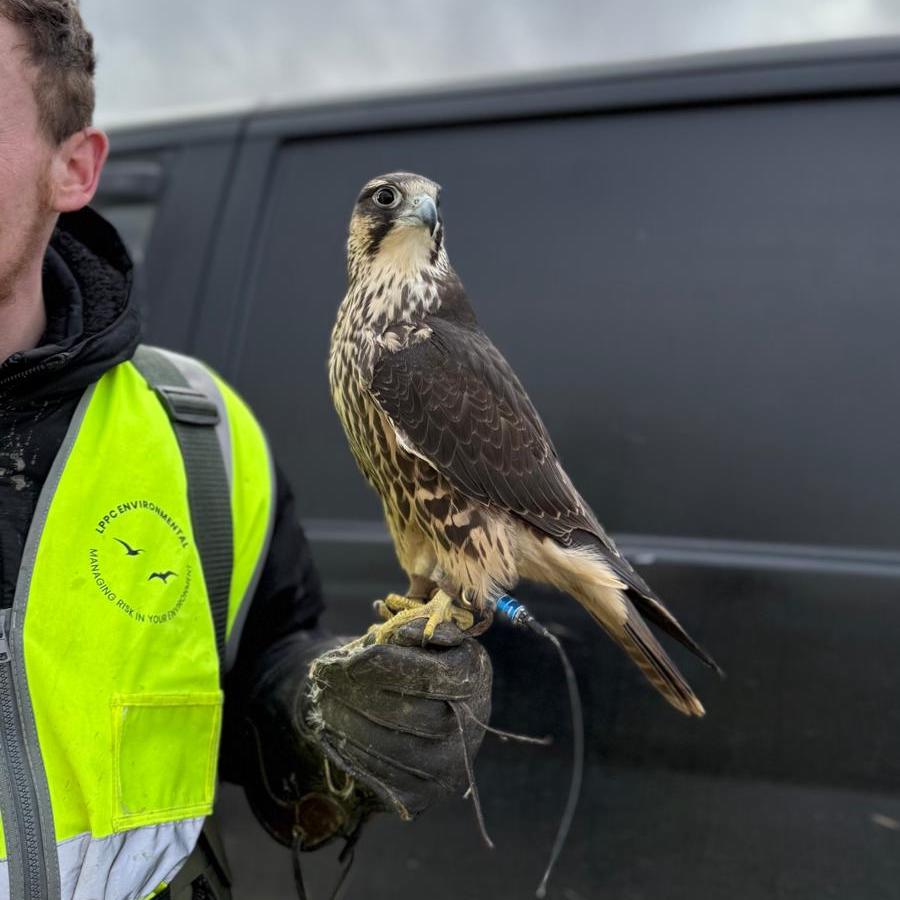
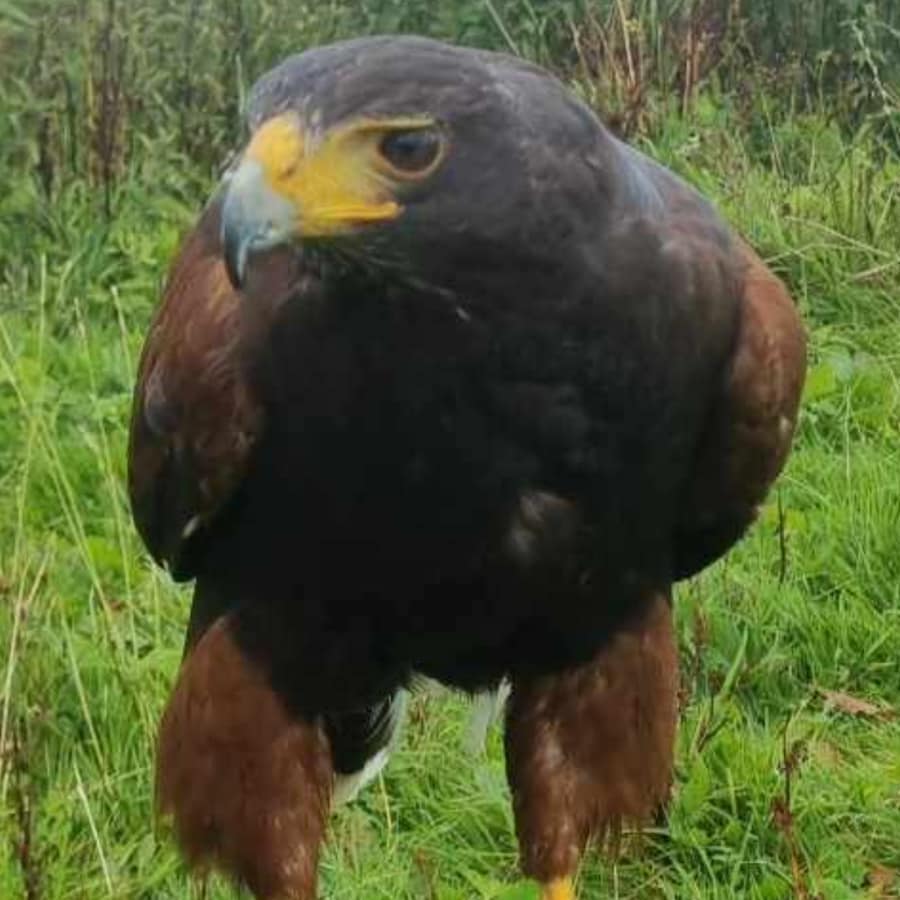
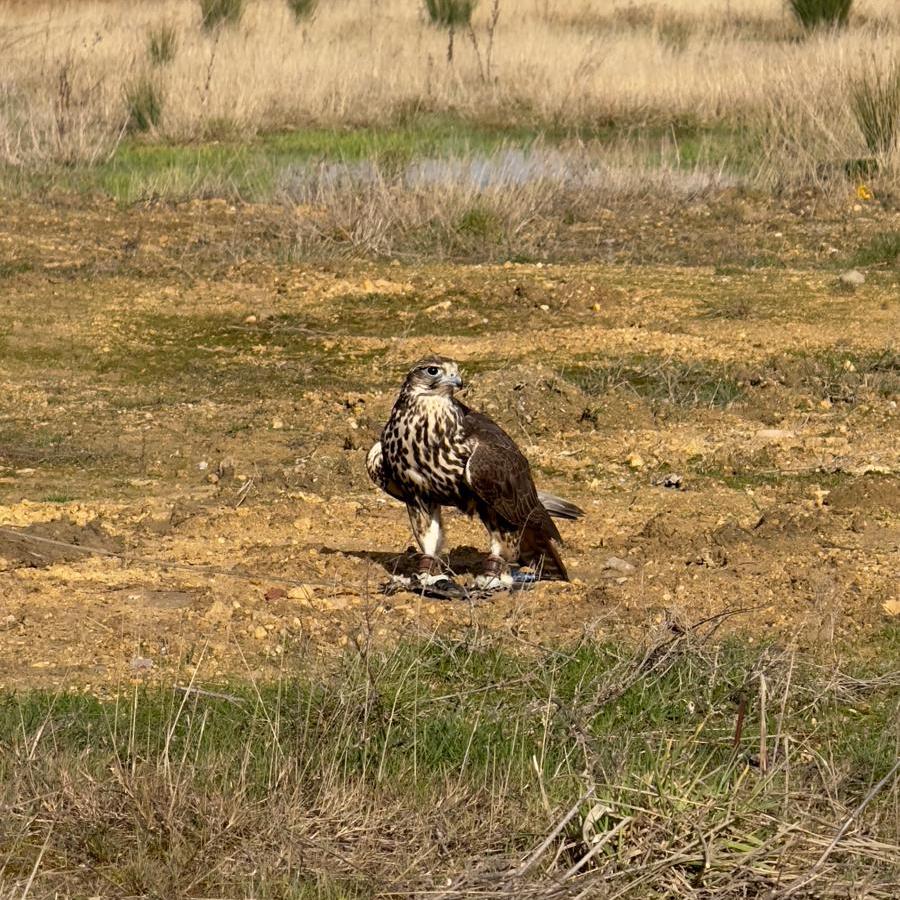
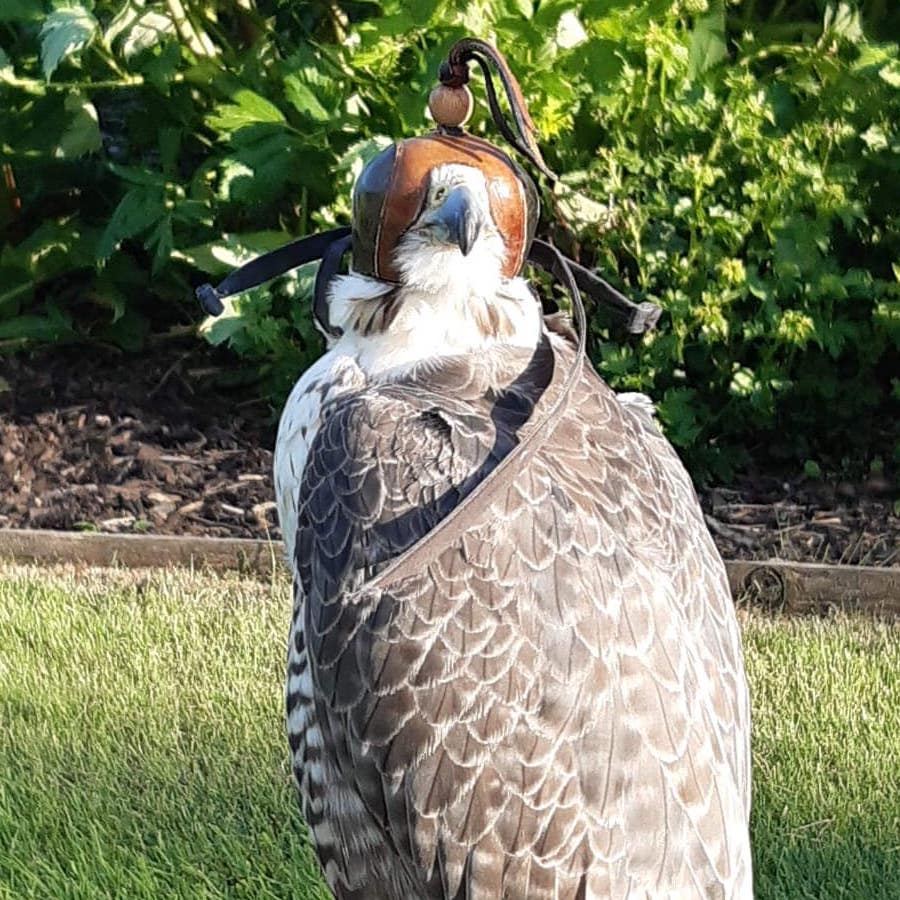
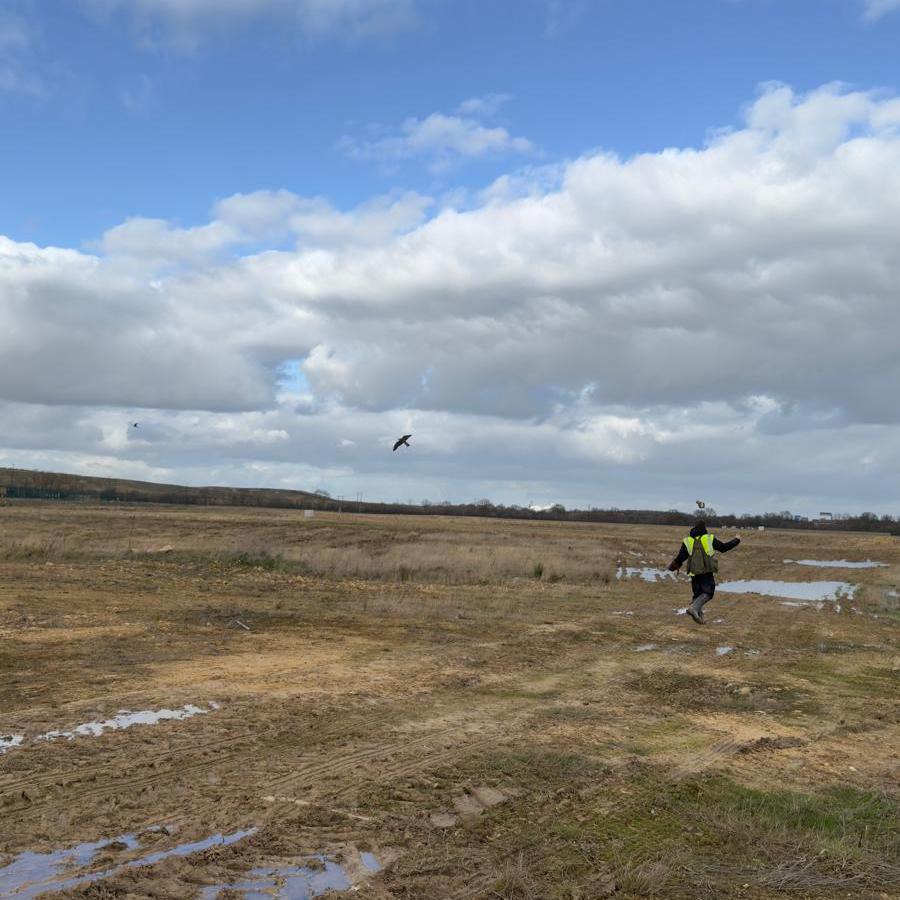
Why Choose LPPC For Falconry Bird Control Aberdeen?

Fast Response Across Aberdeen And Nationwide

Exceptional Professionalism And Care

Experienced Experts In Bird Control

Highly Effective Bird Control Using Trained Birds Of Prey

A Wide Range Of Additional Bird Proofing Options To Suit Any Site
Our Other Pest Control Services
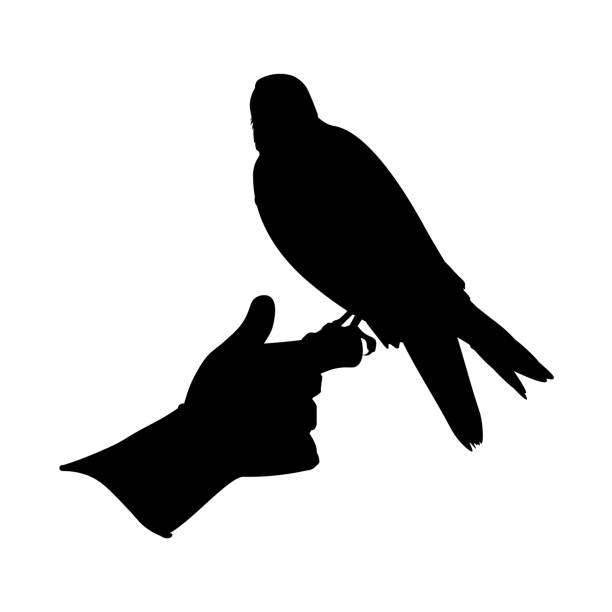
Bird Proofing
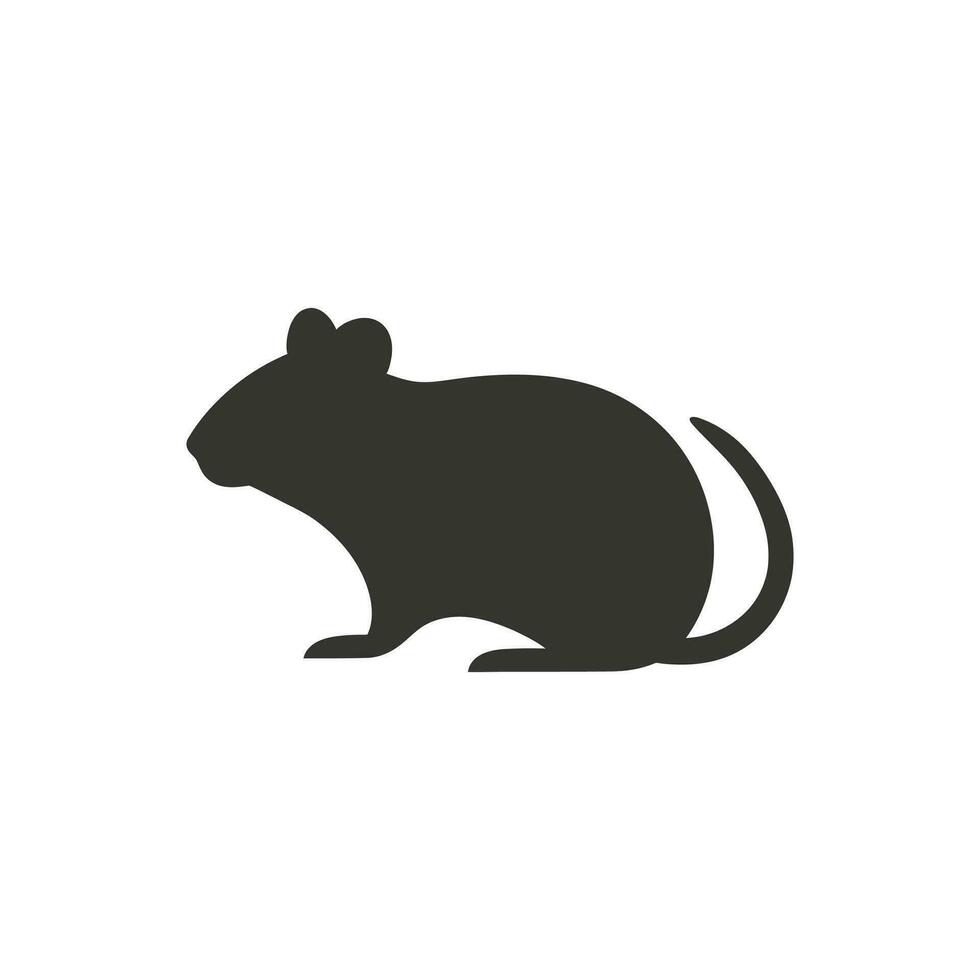
Pest Control

Ground Nesting
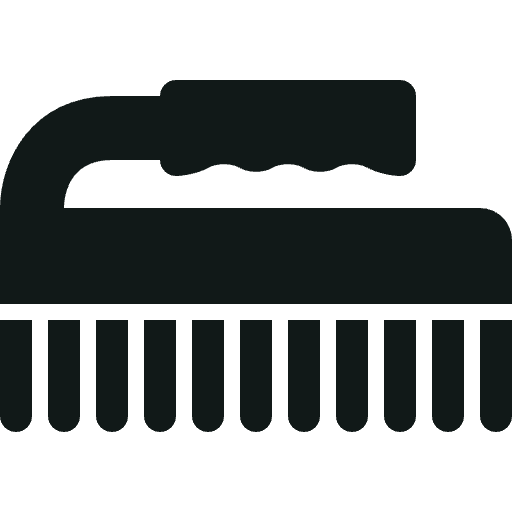
Guano Cleaning
Pest Control Case Study: The Scottish Open
Gulls Becoming a Nuisance at the Renaissance Golf Course: Two years before the Scottish Open in 2024, gulls posed a significant problem at the prestigious Renaissance Golf Course. Known for swooping and stealing food, these birds disrupted golfers and staff, creating an urgent need for a solution to protect the course and its visitors.

Gulls Becoming a Nuisance at the Renaissance Golf Course: Two years before the Scottish Open in 2024, gulls posed a significant problem at the prestigious Renaissance Golf Course. Known for swooping and stealing food, these birds disrupted golfers and staff, creating an urgent need for a solution to protect the course and its visitors.

Introducing Nevada, the Harris Hawk: As preparations began for hosting the world-renowned Scottish Open Tournament, course organisers sought professional help to address the gull problem. They partnered with Nevada, a trained Harris Hawk, and her Handler Steve. Known as “The Bouncer” for the event, Nevada specialises in deterring pest birds across wide areas, making her the ideal choice for this large golf course.
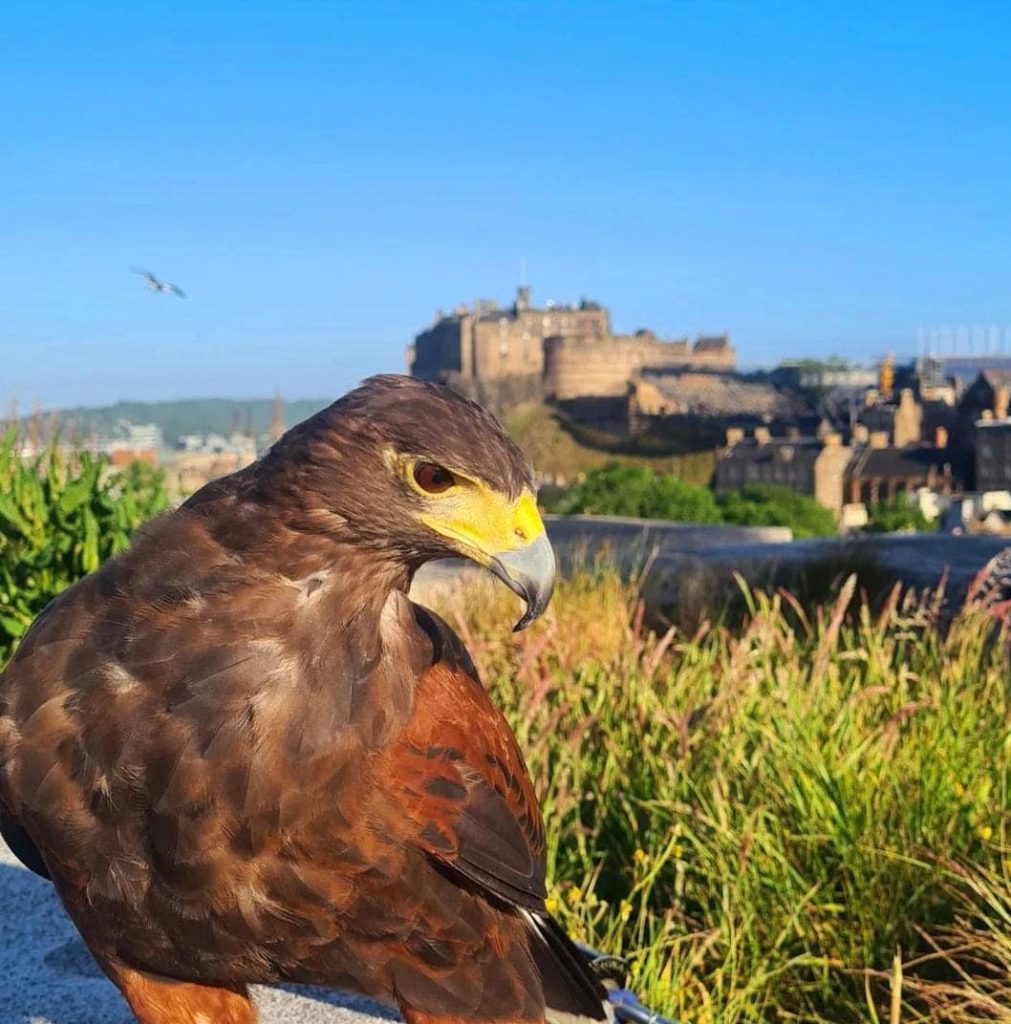
Introducing Nevada, the Harris Hawk: As preparations began for hosting the world-renowned Scottish Open Tournament, course organisers sought professional help to address the gull problem. They partnered with Nevada, a trained Harris Hawk, and her Handler Steve. Known as “The Bouncer” for the event, Nevada specialises in deterring pest birds across wide areas, making her the ideal choice for this large golf course.

How Hawking Keeps the Course Clear: Harris Hawks like Nevada are natural predators of gulls and pigeons. When these birds see a hawk flying regularly in an area, they perceive it as occupied predator territory and instinctively avoid it.
For the Scottish Open, Nevada flew high above the course in large perimeters, creating a natural deterrent that kept gulls and pigeons away. The result? Clear skies and a disruption-free tournament for golfers and spectators alike.
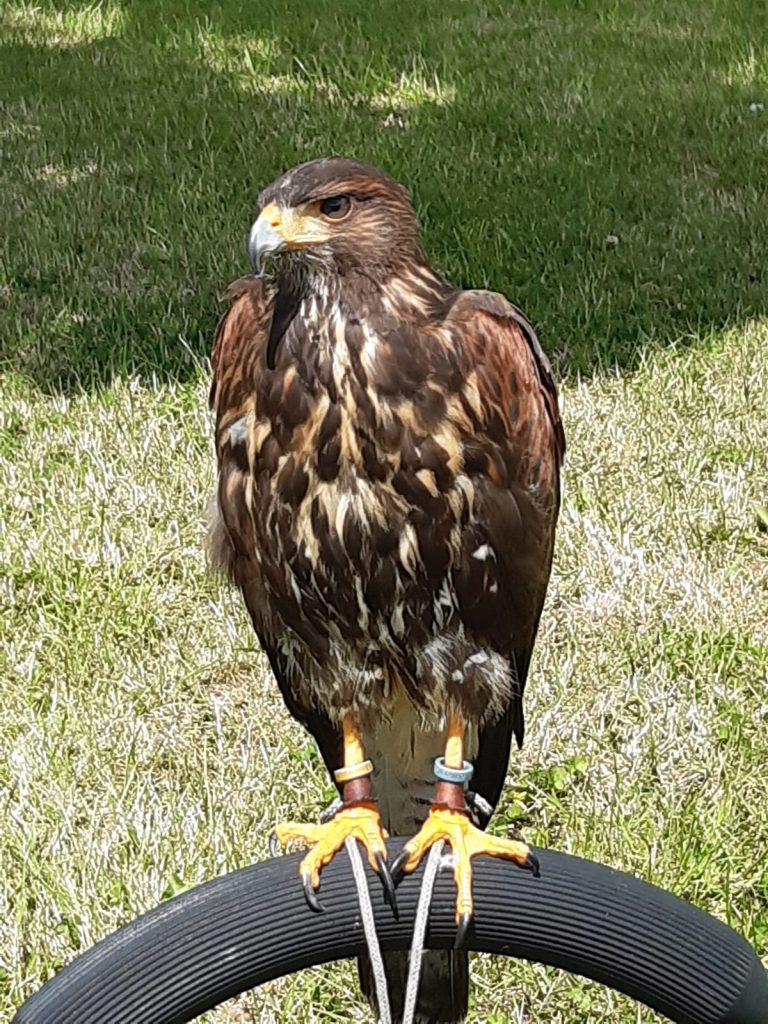
How Hawking Keeps the Course Clear: Harris Hawks like Nevada are natural predators of gulls and pigeons. When these birds see a hawk flying regularly in an area, they perceive it as occupied predator territory and instinctively avoid it.
For the Scottish Open, Nevada flew high above the course in large perimeters, creating a natural deterrent that kept gulls and pigeons away. The result? Clear skies and a disruption-free tournament for golfers and spectators alike.

Results and Next Steps: Nevada’s efforts ensured a pest-free event at the Scottish Open, protecting the course’s reputation and providing an enjoyable experience for all.
If your site is facing challenges from gulls, our team can help. We offer expert falconry and bird-proofing solutions nationwide. Contact us on 08000 025785 and let us help you keep your site pest-free!
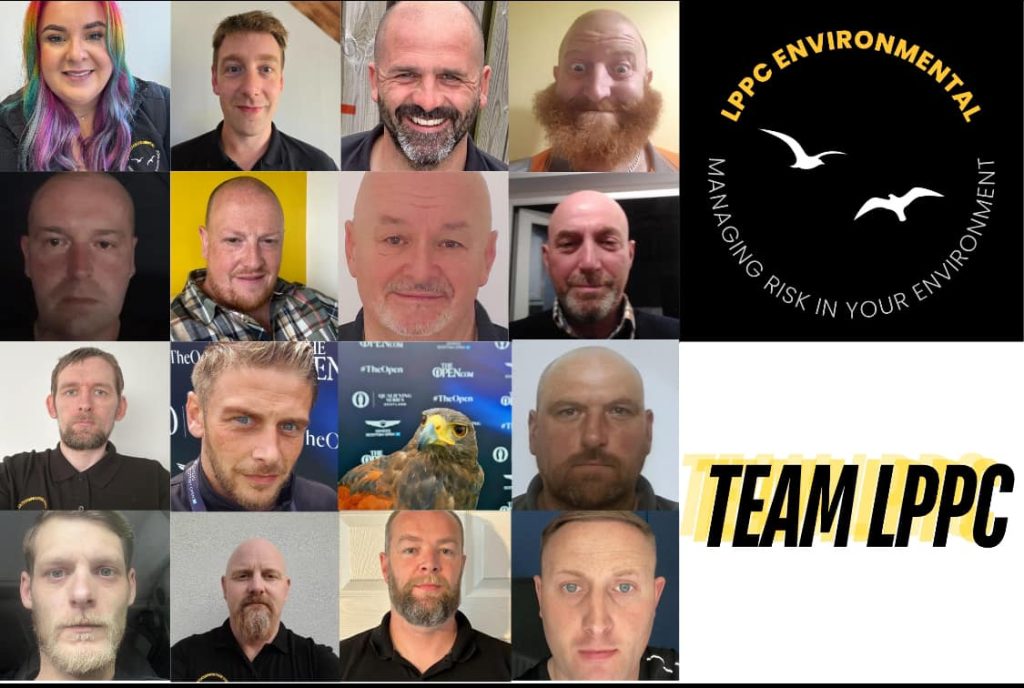
Results and Next Steps: Nevada’s efforts ensured a pest-free event at the Scottish Open, protecting the course’s reputation and providing an enjoyable experience for all.
If your site is facing challenges from gulls, our team can help. We offer expert falconry and bird-proofing solutions nationwide. Contact us on 08000 025785 and let us help you keep your site pest-free!

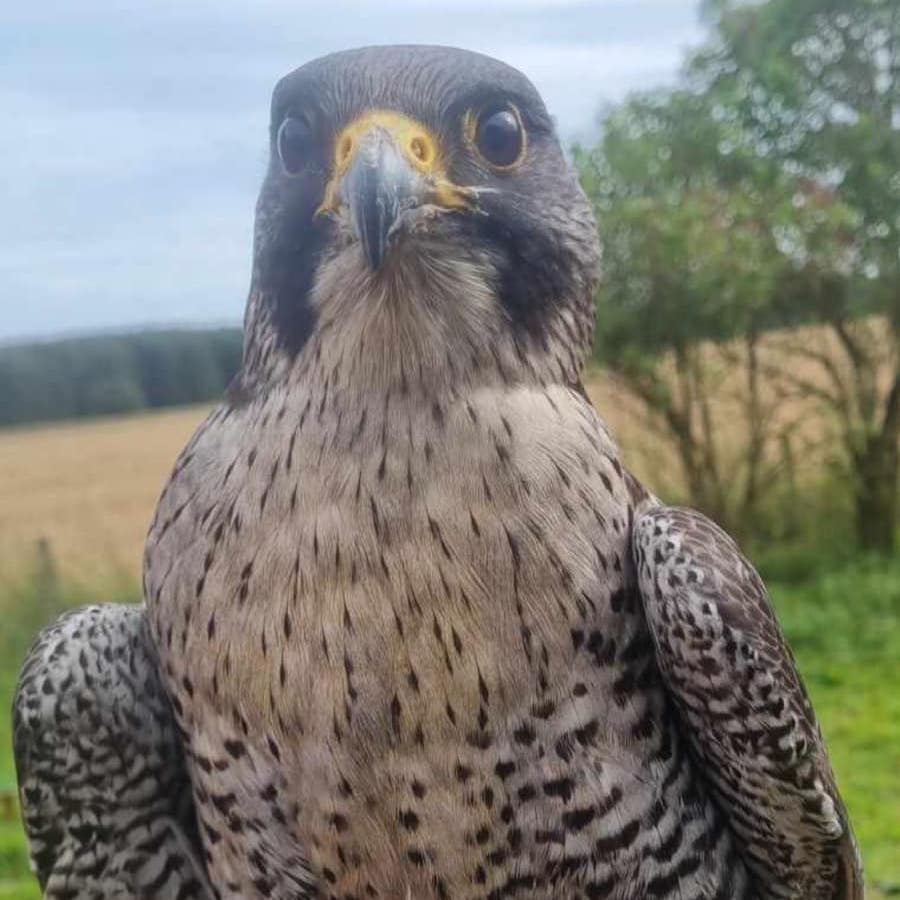
What Are The Most Common Birds Of Prey Used In Falconry?
There are many species of birds of prey used in falconry. Some of the most common include Harris Hawks, Peregrine Falcons, Saker Falcons, Merlins and even some Owls. LPPC Environmental uses a range of trained birds of prey to carry out our falconry bird control services.
Is Falconry Legal In The UK?
In the UK, you need to hold a licence to carry out falconry bird control. It is also illegal to capture wild birds of prey for use in falconry, so you need to make sure that your birds are captive-bred. At LPPC Environmental, we use captive-bred, fully trained birds and hold all relevant licenses, allowing us to carry out falconry across Aberdeen and throughout the UK.
How Much Does Falconry Bird Control Cost?
The price of each falconry visit will depend on a variety of factors, including the size of your property, the number of visits required to deter prey birds and any additional bird proofing measures that you want us to implement. For an accurate quote, contact LPPC Environmental today.
How Often Should Falconry Be Used?
Ideally, most sites need regular falconry visits, usually a few times each month, to maintain control and ensure that pest birds don’t return. Still, the exact number of visits depends on the time of year, the size of your site and the exact bird species you’re dealing with. Falconry needs to be used more regularly during bird breeding season to deter birds and stop them from building nests on your site.

